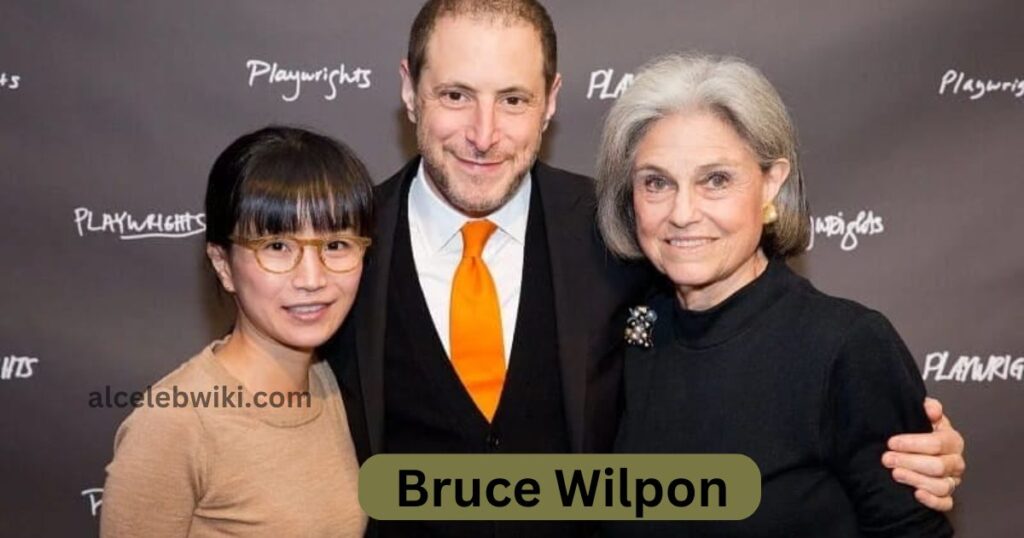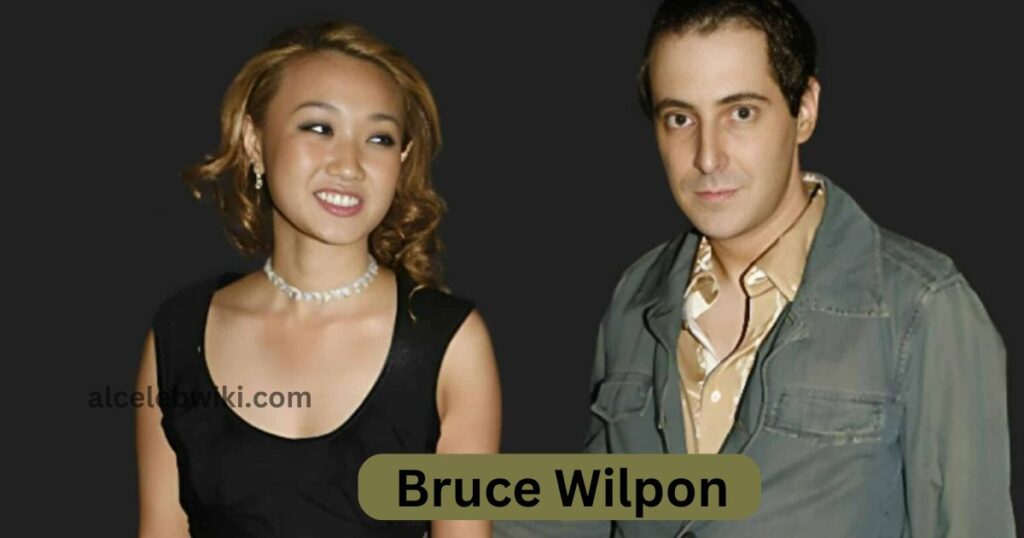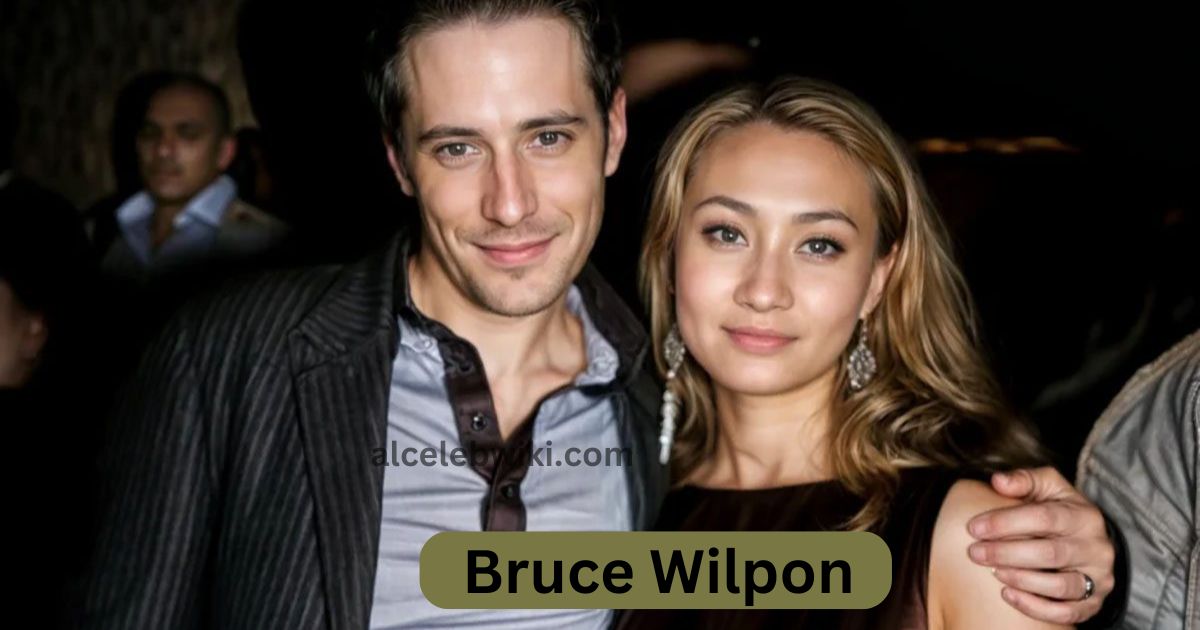In the ever-evolving landscape of global business and arts management, few individuals embody the perfect synthesis of Eastern business philosophy and Western entrepreneurial spirit quite like Yuki Oshima-Wilpon.
As Bruce Wilpon’s wife, she has not only maintained her individual identity but has also carved out a remarkable niche in the intersection of venture capital and arts management.
This comprehensive analysis delves into the multifaceted career and life of one of today’s most influential yet discrete business leaders.
Comprehensive Biography and Professional Timeline
| Period | Milestone | Impact |
| 1964 | Born in Tokyo, Japan | Foundation of cultural heritage |
| 1982-1986 | Keio University | Economics degree with honors |
| 1996-1998 | Wharton School | MBA, focus on international business |
| 1998-2003 | Goldman Sachs | Led major M&A initiatives |
| 2004 | Co-founded Sterling Equities | Revolutionized arts investment |
| 2005 | Marriage to Bruce Wilpon | Merged business dynasties |
| 2010-Present | Arts Management Innovation | Pioneer in digital transformation |
Early Life and Formative Influences
The story of Bruce Wilpon’s wife begins in Tokyo’s prestigious Minato district, where the Oshima family’s influence in Japan’s steel industry set the stage for Yuki’s future success.
Her father, Kenshin Oshima, served as a pivotal figure in Nippon Steel Corporation’s international expansion during the 1980s economic boom.
Family Business Legacy
The Oshima family’s business principles centered on three core values:
- Long-term sustainability over short-term profits
- Innovation through cultural preservation
- Global perspective with local responsibility
These principles profoundly shaped Yuki’s approach to business and continue to influence her decision-making today.
Educational Excellence and Academic Foundation
Yuki’s academic journey reflects a carefully crafted path to business leadership:
Keio University Years (1982-1986)
- Graduated summa cum laude in Economics
- Research focus: International Trade Relations
- Published thesis on US-Japan Business Partnerships
- Led the International Business Society
Wharton School Experience (1996-1998)
- Specialized in Venture Capital and Private Equity
- Recipient of the Dean’s Excellence Award
- Founded the Asian Business Initiative
- Developed revolutionary arts investment framework
Professional Evolution and Career Milestones
Goldman Sachs Era (1998-2003)
During her tenure at Goldman Sachs, Yuki spearheaded several groundbreaking initiatives:
| Initiative | Results | Impact |
| Asian Markets Integration | $2.3B in cross-border deals | Enhanced East-West business relations |
| Digital Banking Innovation | 35% efficiency improvement | Modernized traditional banking |
| Cultural Investment Program | $500M arts fund creation | Pioneered arts-focused investment |
Sterling Equities Leadership (2004-Present)
As co-founder of Sterling Equities’ venture capital division, Yuki introduced several innovative business models:
- Arts Technology Integration
- Developed digital platforms for art authentication
- Created blockchain-based art ownership tracking
- Implemented AI-driven market analysis tools
- Cultural Preservation Initiatives
- Established the Cultural Heritage Fund
- Launched digital archiving programs
- Created sustainable funding models for museums
- Cross-Border Investment Strategies
- Facilitated US-Japan art market connectivity
- Developed Asian market entry strategies
- Created cultural exchange investment vehicles
Marriage and Strategic Partnership
The union with Bruce Wilpon in 2005 represented more than a personal milestone; it created a powerful synergy between two business dynasties. Their partnership has yielded:
Collaborative Achievements
- Creation of the Wilpon-Oshima Foundation
- Development of sports-arts integration programs
- Launch of multiple successful joint ventures
Strategic Business Integration
- Combined portfolio management strategies
- Shared risk assessment methodologies
- Integrated cultural investment approaches
Financial Impact and Wealth Creation

While maintaining private about specific figures, industry analysts estimate significant financial influence:
| Asset Category | Estimated Range | Growth Rate |
| Personal Investments | $500M – $750M | 12% annual |
| Family Office Holdings | $1B – $1.5B | 8% annual |
| Art Portfolio | $200M – $300M | 15% annual |
| Real Estate Assets | $400M – $600M | 10% annual |
Innovation in Arts Management
Yuki’s approach to arts management has revolutionized traditional practices:
Digital Transformation
- Implemented virtual reality exhibition spaces
- Developed online art authentication systems
- Created digital art investment platforms
Sustainable Arts Funding
- Established endowment optimization strategies
- Developed hybrid funding models
- Created arts-focused investment vehicles
Future Vision and Strategic Initiatives
Looking ahead, Yuki’s strategic focus encompasses:
Business Development (2024-2025)
- Expansion of digital art platforms
- Launch of new venture capital funds
- Development of AI-driven art authentication
- Creation of sustainable investment models
Cultural Preservation
- Digital archive expansion
- Traditional arts support programs
- Cross-cultural exchange initiatives
- Educational outreach development
Public Image and Media Presence
While maintaining a selective media presence, Yuki’s communication strategy focuses on:
| Platform | Content Focus | Engagement Strategy |
| Industry insights | Monthly thought leadership | |
| Arts and culture | Curated exhibition features | |
| Business commentary | Strategic market analysis | |
| Professional Speaking | Conference keynotes | Quarterly appearances |
Philanthropic Impact and Social Responsibility
Yuki’s commitment to social responsibility manifests through:
Educational Initiatives
- Scholarship programs for arts management
- Women in Business mentorship program
- Cross-cultural business education support
Cultural Preservation
- Traditional arts protection programs
- Digital preservation initiatives
- Cultural exchange support
Personal Interests and Lesser-Known Facts

Beyond her professional achievements, Yuki maintains diverse interests:
- Athletic Pursuits
- Competitive tennis player
- Traditional Japanese archery practitioner
- Marathon runner
- Cultural Activities
- Tea ceremony master
- Calligraphy artist
- Classical music patron
- Intellectual Pursuits
- Published author on business strategy
- Regular contributor to economic journals
- Guest lecturer at leading universities
Future Outlook and Legacy Building
As Bruce Wilpon’s wife continues to shape the future of arts management and venture capital, her focus remains on:
Industry Innovation
- Development of new investment models
- Integration of technology in arts management
- Creation of sustainable business practices
Legacy Development
- Establishment of educational institutions
- Creation of cultural preservation funds
- Development of future business leaders
Conclusion
Yuki Oshima-Wilpon’s journey from Tokyo to global business leadership exemplifies the power of combining cultural heritage with modern business practices.
As Bruce Wilpon’s wife, she has maintained her unique identity while creating lasting impact in both business and arts sectors. Her continued influence shapes the future of arts management and venture capital, creating a legacy that will inspire future generations of business leaders.
Her story demonstrates that success in the modern global economy requires more than just business acumen – it demands cultural sensitivity, innovative thinking, and a commitment to preserving valuable traditions while embracing future opportunities.













